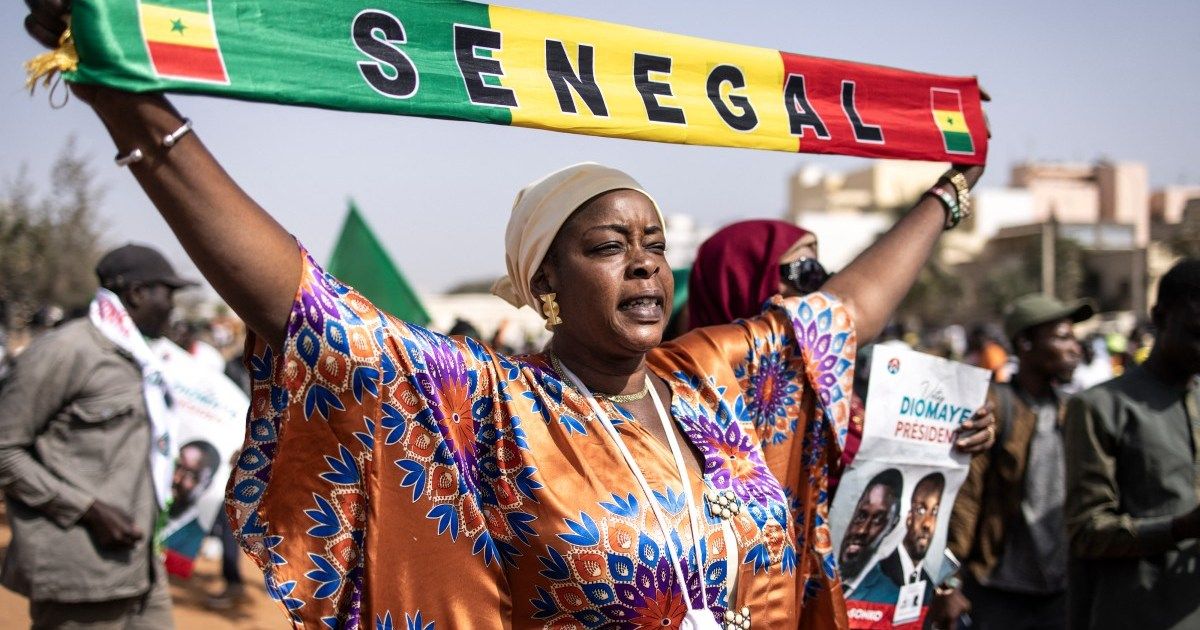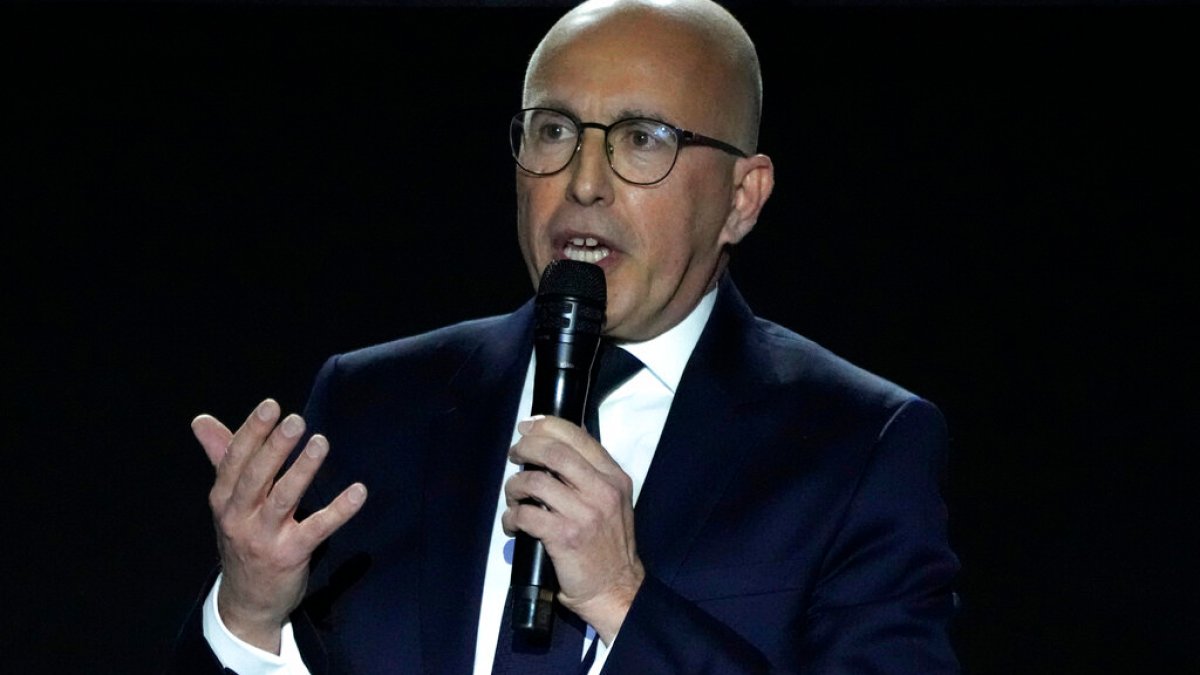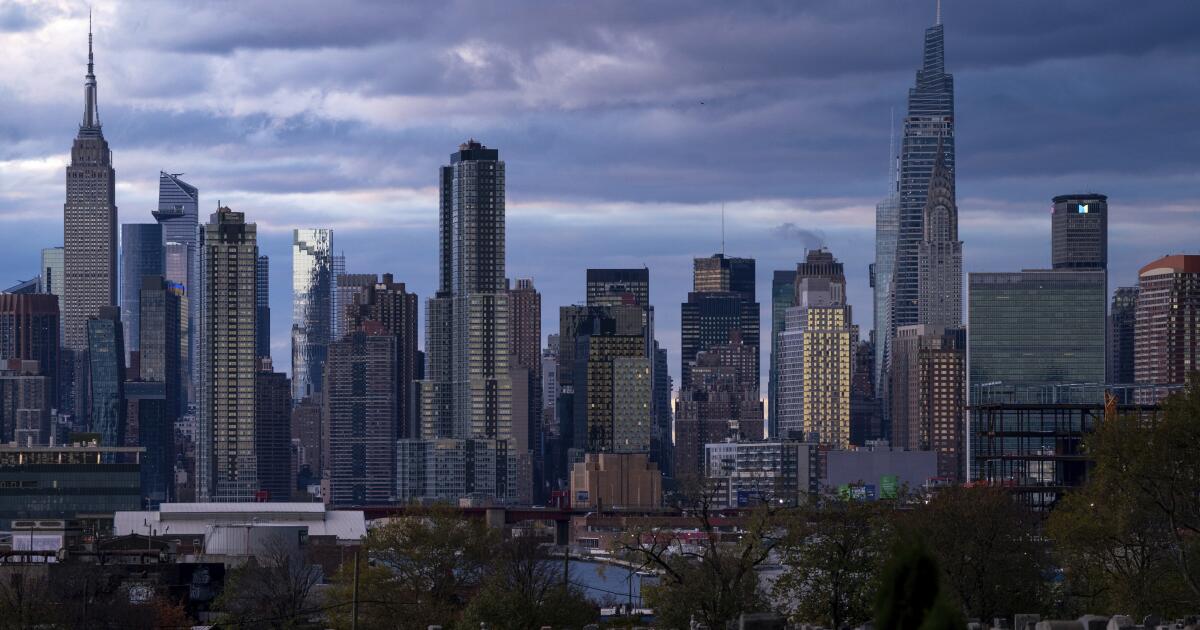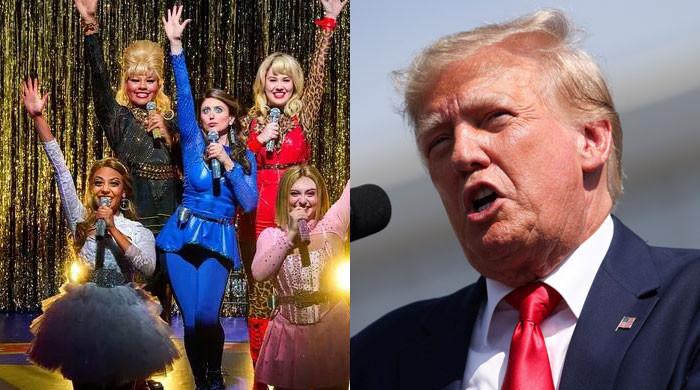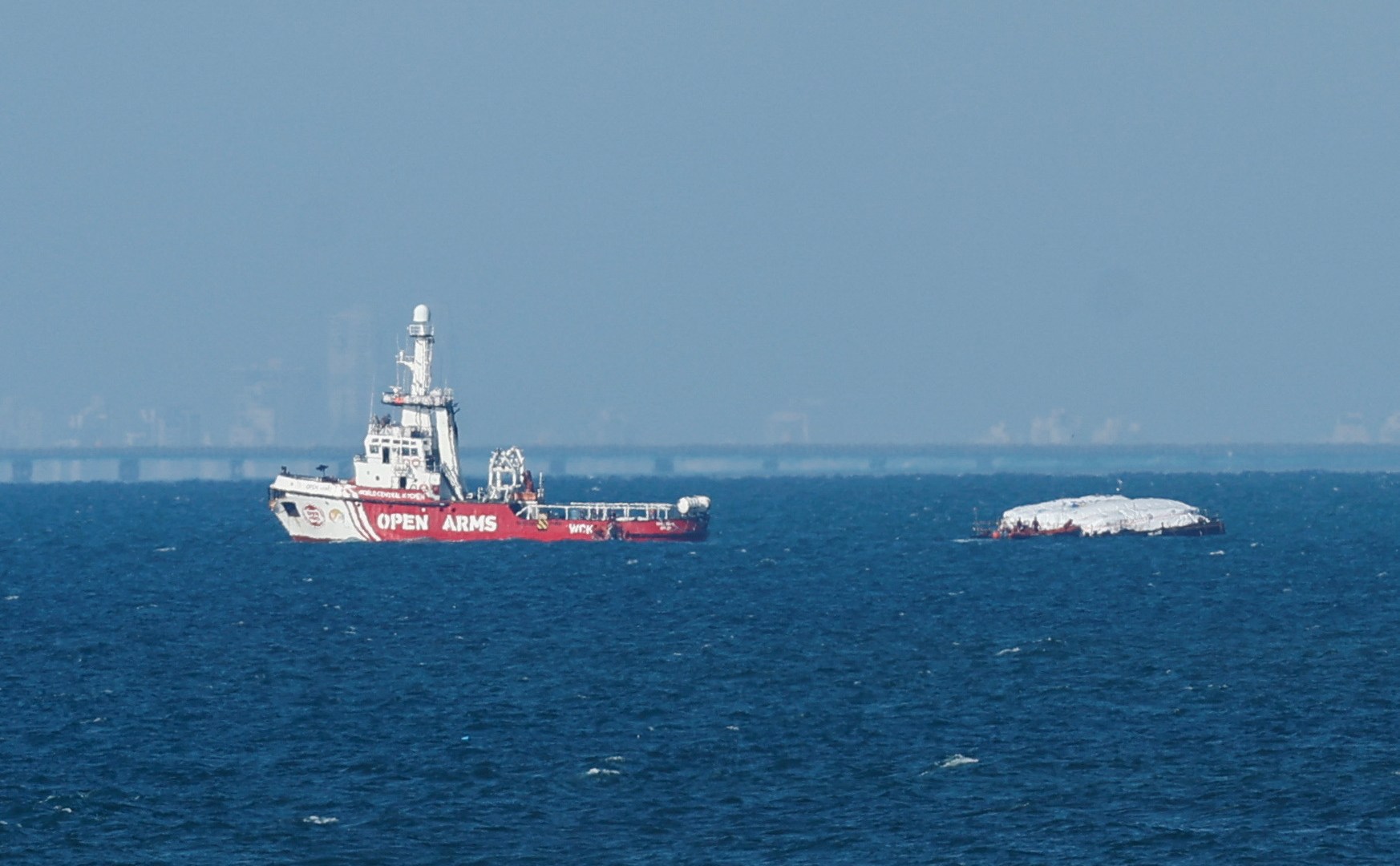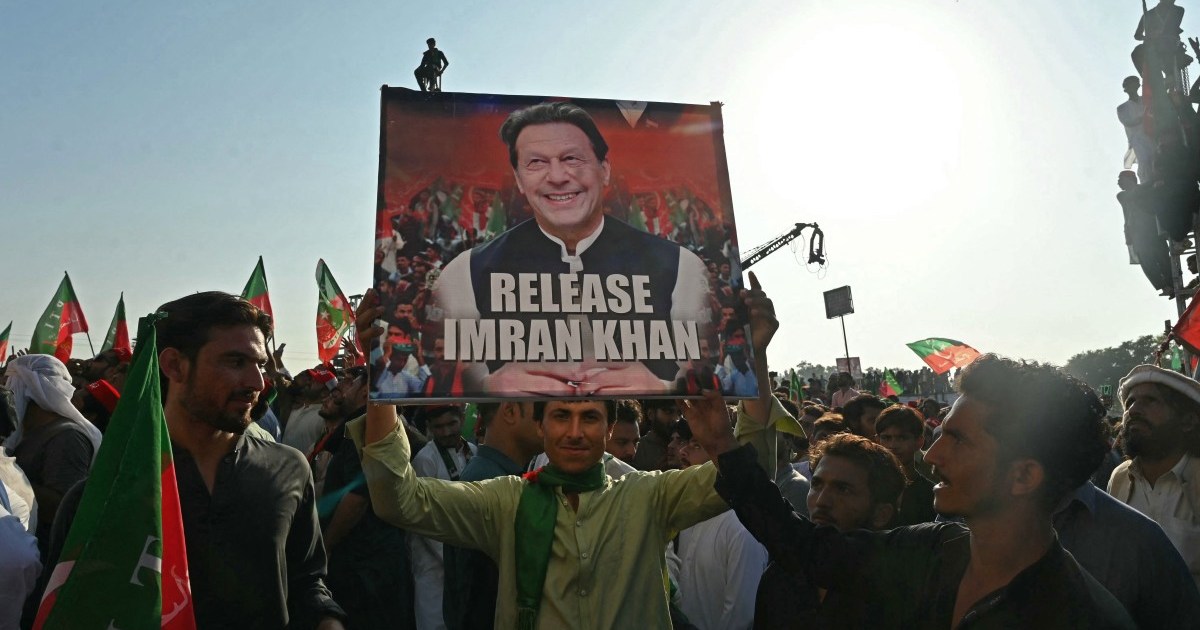Senegalese voters have a full field of 19 candidates to choose from when they vote this month to elect a new leader to replace President Macky Sall in a close election whose delay raised concerns about the future of democracy in the West African country.
The March 24 vote will take place after Sall's attempt to postpone elections, originally scheduled for February, was annulled by Senegal's top electoral authority following weeks of violent protests.
The Constitutional Council's ruling has been welcomed by many in the country, but observers have warned that it may not be the last twist in the saga. Several politicians have already asked the courts to postpone the elections again, claiming that the candidate application process was flawed.
“Every week there is a new type of scandal: this is Senegal,” said Ndongo Samba Sylla, head of research and policy at IDEA, a network of political and economic analysts. “There could be new developments” in the coming days, he warned.
Meanwhile, candidates have less than two weeks left to win over voters during the month of Ramadan, a period generally dedicated to spiritual reflection and worship rather than politics.
Here's a look at the leading candidates and the common thread that unites some of them:
Bassirou Diomaye Faye
The 49-year-old tax inspector is the candidate of an opposition coalition that includes members of the dissolved PASTEF party of Ousmane Sonko, a political firebrand and fierce critic of Sall.
Sonko, who came third in the 2019 presidential election, was widely considered the most popular candidate for this year's election. But the opposition leader was detained in July after being found guilty of “moral corruption” of youth and was later banned from running on defamation charges. Sonko has nominated Faye as his successor.
Sonko, like Faye, was a tax inspector.
Faye will try to capitalize on Sonko's popularity, especially among Senegal's unemployed youth. Three in 10 Senegalese between 18 and 35 years old are unemployed. Youth unemployment is a problem further exacerbated by the speed at which the population grows: it doubles every 25 years, according to Afro Barometer data.
But Faye has been in pretrial detention since April, even as her face adorns the T-shirts of opposition supporters, who chant her name at campaign rallies. He is expected to be released soon as part of an amnesty law.
“Liberated or not, the majority of Senegalese have already made their decision. Whoever wants to vote for Faye, will vote for him,” said Thiaba Camara, president of the civil society group Demain Senegal.
Faye has called for the establishment of a new national currency; the renegotiation of contracts between the government and corporations in sectors ranging from energy and mining to fishing; and a reduction in presidential powers, including the reintroduction of the vice presidency. He has also pledged to equitably distribute profits from a gas field that is expected to begin producing this year.
Amadou Ba
Ba, a former prime minister, was also a tax inspector. Licensed in letters He is the presidential candidate of Sall's Alliance for the Republic party. He headed the Ministry of FFinance and Economic Planning from 2013 to 2019 and was the country's top diplomat in 2019 and 2020.
A victory for Ba would mean political continuity with the previous government, something that would likely reassure foreign investors and ensure a cohesive fiscal response at a time when Senegal needs support from the International Monetary Fund, which approved a $1.8 billion loan. in June.
But since the 62-year-old was part of Sall's government, he faces public discontent over the rollback of civil liberties under the outgoing president. Dozens of people were killed and more than 1,000 imprisoned in the political turmoil of the past three years.
“Ba is perceived as the candidate who embodies the old system, one who never disconnected from the structures established since independence,” said Hawa Ba, director of the Open Society Initiative for West Africa.
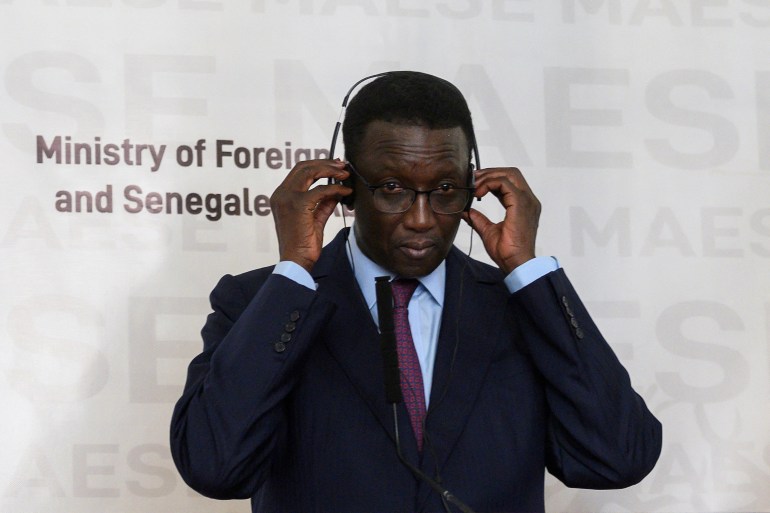
Khalifa Sall
Another presidential candidate is the two-time mayor of Dakar (no relation to the president).
The hugely popular politician was jailed for five years in 2018 on fraud charges, which his supporters said were politically motivated. The conviction prevented him from running in the presidential elections the following year, in which he was considered a strong competitor to Macky Sall.
After a presidential pardon, the former legislator, who trained as a teacher, was released in 2019.
Sustainable development has been central to Khalifa Sall's electoral campaign. He has said that he wants to focus on responsible water management and equitable land distribution. More than 70 percent of Senegal's population lives from agriculture and the livestock sector.
Idrissa Seck
Until April, Seck chaired the Economic, Social and Environmental Council.
The 63-year-old won 21 percent of the vote in the 2019 presidential election, coming second in the race. After the vote, Rewmi's party joined President Sall's ruling coalition.
Reports suggested that Seck and Sall fell out after the former declared his opposition to anyone seeking a third term, alluding to the latter's alleged ambitions. Seck also argued that Sonko should have been allowed to run in the 2024 elections.
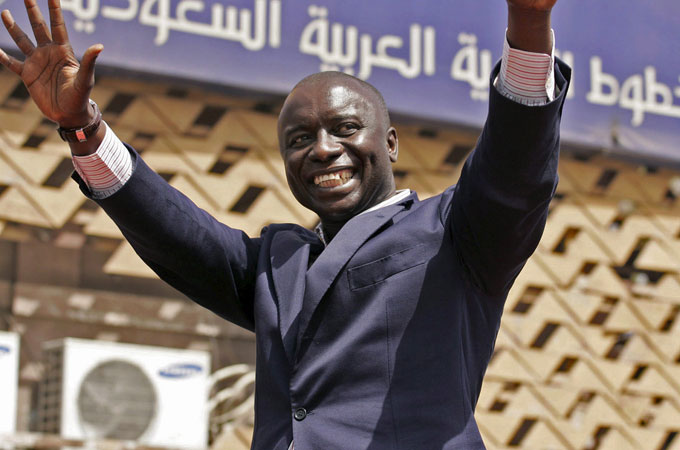
Mahammed Boun Abdallah Dionne
Prime Minister from 2014 to 2019, Dionne served as head of the Central Bank of West African States and the United Nations Industrial Development Organization. The agency's mandate is to support economic growth in developing countries and economies in transition.
He is a computer engineer by training. Dionne has promised to be a “president of reconciliation” if she is elected and has pushed for “economic sovereignty” for Senegal.
Anta Babacar Ngom
Ngom is the only candidate and would be the first woman to serve as president of Senegal if elected. A newcomer to politics, this 40-year-old woman runs the largest poultry company in Senegal, founded by her father.
He has said he wants to boost the private sector, promote free health care and reform the education system, including adding local languages besides French.

